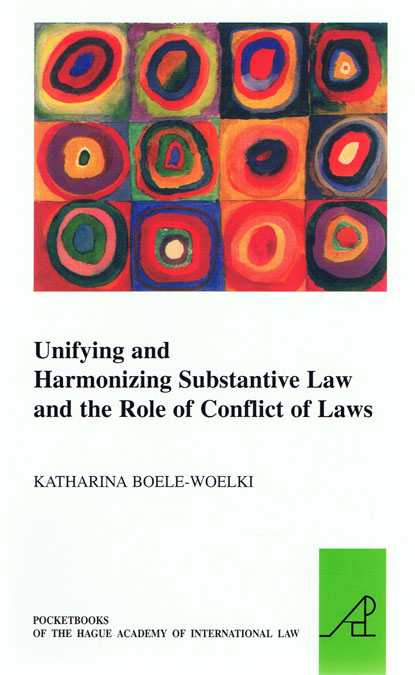
Traditionally, conflict of law rules designate only national substantive law as the applicable law. Many unifying and harmonizing substantive law instruments of both States and non-State organizations, however, are designed specifically for application to cross-border relationships.
Achieving this objective is, generally, hindered by conflict of law rules. The requirements which non-national law needs to fulfil in order to be accepted as the law governing a cross-border relationship deserve clarification.
Not only uniform law, such as the CISG and the envisaged European substantive law instrument for the law of obligations, but, particularly, instruments which are aimed at harmonizing substantive law, challenge the established systems of conflict of laws.
In seeking a positive approach towards the application of a law other than national law various aspects need to be considered: (1) is the decision taken by a court or an arbitral tribunal; (2) what field of law (contract/delict/tort or family relationships) is involved; and (3) the objective or subjective (choice by the parties) designation of the applicable law.